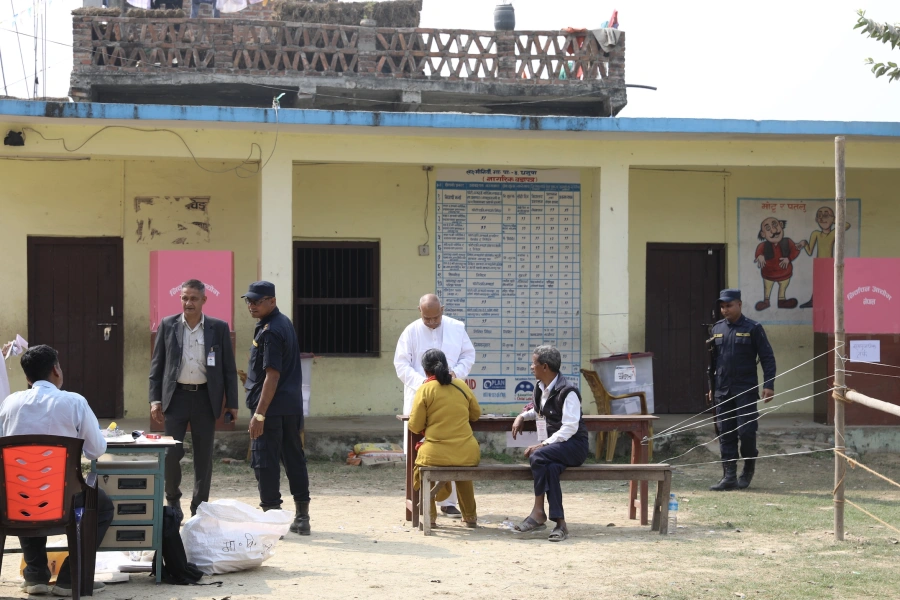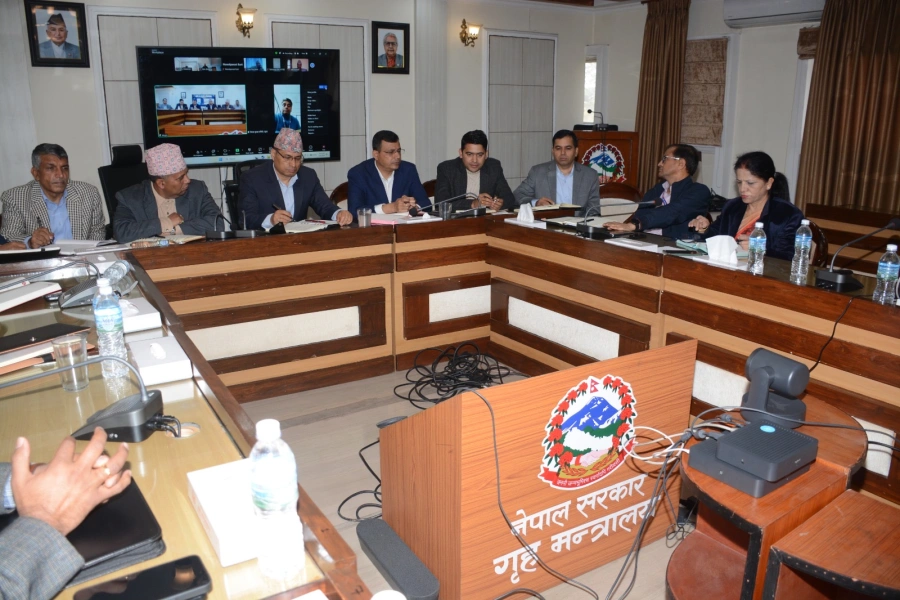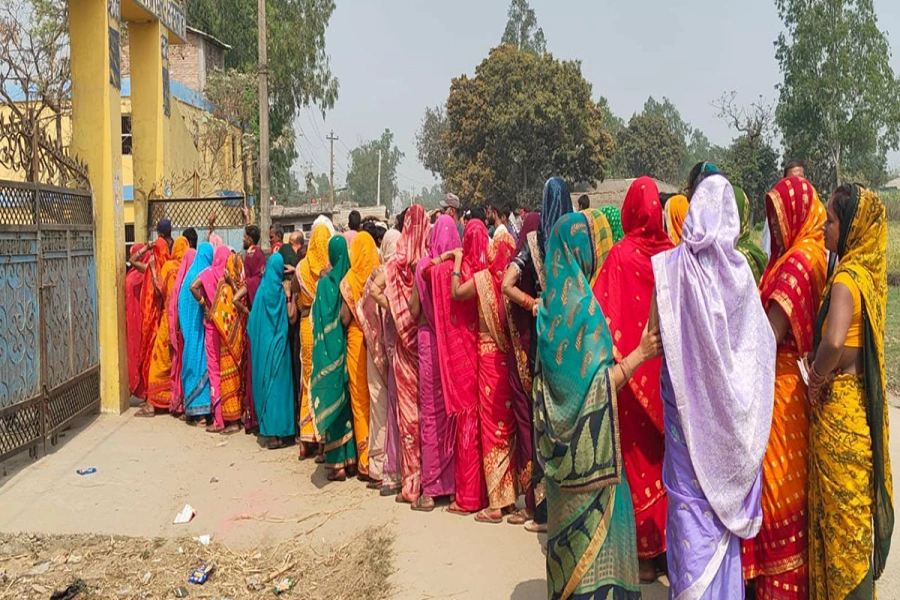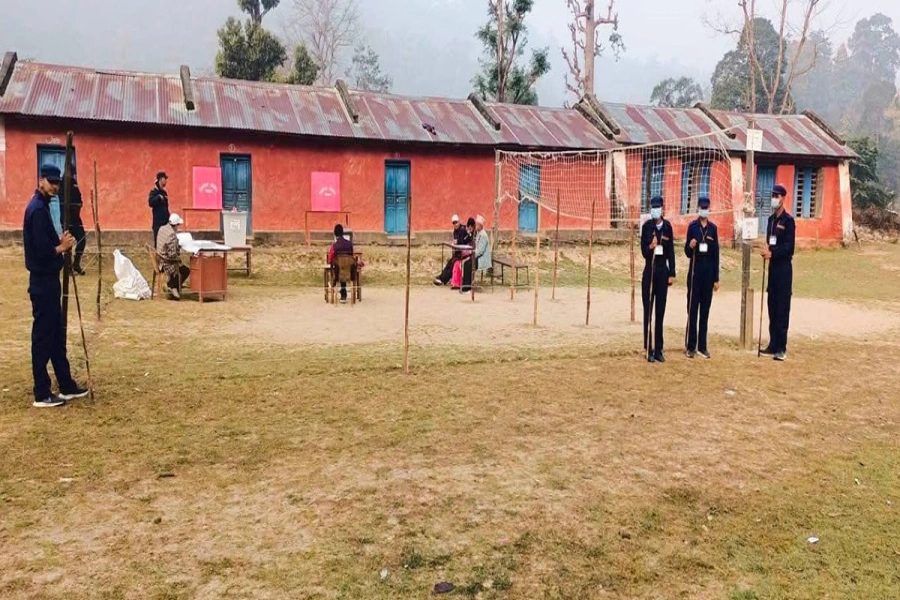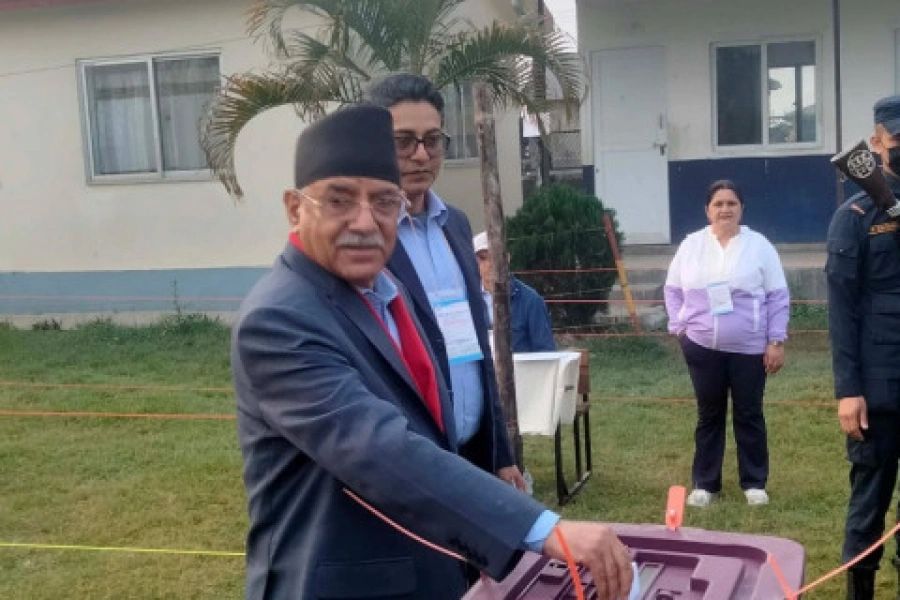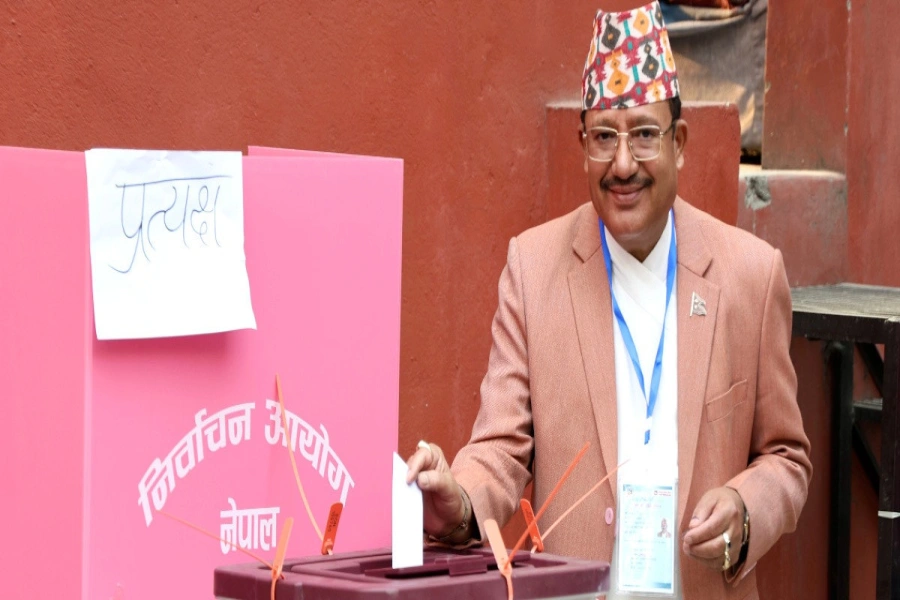The Government of Nepal introduced the parole system, a reformatory penal procedure, for the first time, effective from October 18, 2023. The parole provisions in the Criminal Offences (Sentencing and Execution) Act, 2017 have been implemented after five years. Additionally, probation is applied exclusively in cases involving children under the Children Act, 2018, while no adults in Nepal have been granted probation till date. Probation and parole are means of re-socialization and alternatives to prison. Probation is a legal arrangement where a convicted individual is allowed to serve their sentence within the community under certain conditions, instead of being incarcerated. Parole on the other hand, is the conditional release of a prisoner before the completion of their full sentence, based on good behavior and a promise to comply with certain terms and conditions. This system allows the individual to serve the remainder of their sentence under supervision in the community, rather than in prison. Probation is granted before a convict undergoes imprisonment, serving as the first stage in the correctional system for an offender. Conversely, parole is granted after the prisoner has served a minimum period of imprisonment and is in the final stage of their punishment.
John Augustus is credited as the pioneer of probation, advocating for community-based supervision over imprisonment to rehabilitate offenders, establishing probation as a global alternative to incarceration.On November 18, 2019, the Supreme Court of Nepal issued a directive order in the case of Government of Nepal vs. Sagar Bhatta for the proper implementation of the probation and parole provisions mentioned in the Criminal Offences (Sentencing and Execution) Act, 2017. However, the government was unable to implement it in a timely manner.
The traditional punishment method is retributive in nature, such as an eye for an eye. The contemporary criminal justice system does not agree with this method of punishment, and Nepal cannot remain an exception. The modern punishment theory is reformative, with the primary goal of rehabilitating the offender. Despite the delay, the adoption of the parole system has been commendable. According to the Department of Prison Management, there are currently 27,950 prisoners in Nepal's prisons, of which 1,600 can be placed on parole. Implementing a parole scheme could significantly alleviate prison overcrowding and reduce unnecessary government expenses.
Legal framework
Federal Probation and Parole Board recommends to send 285 priso...

The primary legal frameworks concerning probation and parole in Nepal include the Criminal Offences (Sentencing and Execution) Act, 2017; the Prison Act, 2023; the Prison Regulation, 1963 (15th amendment, 2023); the Act Relating to Children, 2018; the Juvenile Justice Execution (Procedure) Regulations, 2019; and the Probation and Parole Policy, 2024, which became effective on February 18, 2024.The Criminal Offences (Sentencing and Execution) Act, 2017, which came into effect on August 17, 2018, explicitly mentions in section 28 the power to place an offender on parole. The Act explicitly mentions the eligibility criteria for parole, which include: being sentenced to imprisonment for more than one year, having served two-thirds of the sentence, maintaining consistently good behavior, and not committing any crimes during the period of parole.The Act lists nine crimes that are ineligible for parole: life imprisonment, corruption, rape, human trafficking and transportation, organized crime, money laundering, torture or cruel, inhumane, or degrading treatment, crimes against humanity, and crimes against the state. This indicates a strict legislative stance on parole, allowing only a few offenders to benefit from the system. The list of crimes that disqualify offenders from parole should be reduced to increase parole eligibility and alleviate the burden on prison management.On the other hand, there are not many provisions regarding probation in the Act.
The Act further mentions in section 38 the provision of the Probation and Parole Board, which includes a Federal Probation and Parole Board and a State Probation and Parole Board. Currently we have a Federal Probation and Parole Board but the State Probation and Parole Board has yet to be formed. The Federal Probation and Parole Board consists of the following members: Attorney General Dr Dinmani Pokharel as Chairperson; Dinesh Bhattarai, Secretary of the Ministry of Law, Justice, and Parliamentary Affairs;. Udayaraj Sapkota, Secretary of the Ministry of Home Affairs; Psychologists Dr. Basudev Karki and Dr Lata Gautam; Basant Bahadur Kunwar, Inspector General of Nepal Police; Senior Advocate and Criminologist Prakash Bahadur KC; and Kashi Raj Dahal, Director General of the Department of Prison Management, serving as Member Secretary. The inclusion of members from various fields ensures a comprehensive approach to probation and parole, addressing legal, psychological, criminological, and operational aspects. The board’s composition fosters collaboration between different government departments and experts, promoting cohesive and well-rounded policy development.
The major functions, duties and powers of the Probation and Parole Board is to formulate a probation and parole policy and recommend it to the Government of Nepal, to develop standards for placing prisoners on probation and parole, to develop terms and conditions to be abided by the offenders who are released on probation and parole, to supervise, control activities of, and give direction, as required, to the State Probation and Parole Board, to prepare a roster of persons who can be appointed or designated as the probation officer or parole officer, as required to make recommendation as to the execution of sentences and to assist in the rehabilitation of offenders pursuant to this Act and to carry out other necessary matters relating to probation and parole. Since the parole scheme was recently implemented, the board is still in its early stages and much work remains to be done. However, the board has already created the Probation and Parole Policy, 2024, which became effective on February 18, 2024.
Challenges
Our legal system incorporates significant provisions aimed at implementing modern and rehabilitative measures concerning prison sentences under the Criminal Offences (Sentencing and Execution) Act, 2017. These measures include suspending prison sentences, sending offenders to reform and rehabilitation centers, allowing weekend or nighttime sentences, utilizing open prisons, granting parole, and substituting physical labor for imprisonment. Utilizing options like open prisons and parole helps alleviate prison overcrowding, creating a more manageable and humane prison environment. Measures like weekend or nighttime sentences offer flexibility, allowing offenders to maintain employment and family ties, which are crucial for successful reintegration into society. Despite the presence of these provisions, their underutilization, particularly the delayed implementation of parole, undermines the intended benefits. Addressing these delays is crucial for realizing the full potential of the Act.
In Nepali society, which favors harsh punishments over rehabilitative measures for offenders, it is challenging to create an environment where the victim's side and the community can easily accept sending offenders to community service or placing them on probation and parole. Due to Nepal's open border, monitoring and supervising individuals released on probation and parole may pose additional challenges. Effective coordination is needed between investigation, prosecution, and judicial authorities, as well as between prison administration and probation or parole officers. Since the legal provisions related to probation and parole are new for Nepal, it is necessary to adequately inform the stakeholders and manage the required administrative and skilled human resources for effective implementation. Ensuring financial resources for the effective implementation of legal provisions related to probation, parole, and community service, as well as supervising and accurately evaluating individuals on probation and parole, also appears to be challenging.
The current Act does not explicitly differentiate between probation and parole. It is important to make this distinction: probation is solely a judicial decision, while parole is a governmental decision. Countries such as the USA, Japan, the UK, and India have long practiced both parole and probation as reformative, non-custodial methods, each governed by specific laws. Nepal would similarly benefit from enacting separate legislation to address these practices effectively.
(Tamang is an advocate.)



